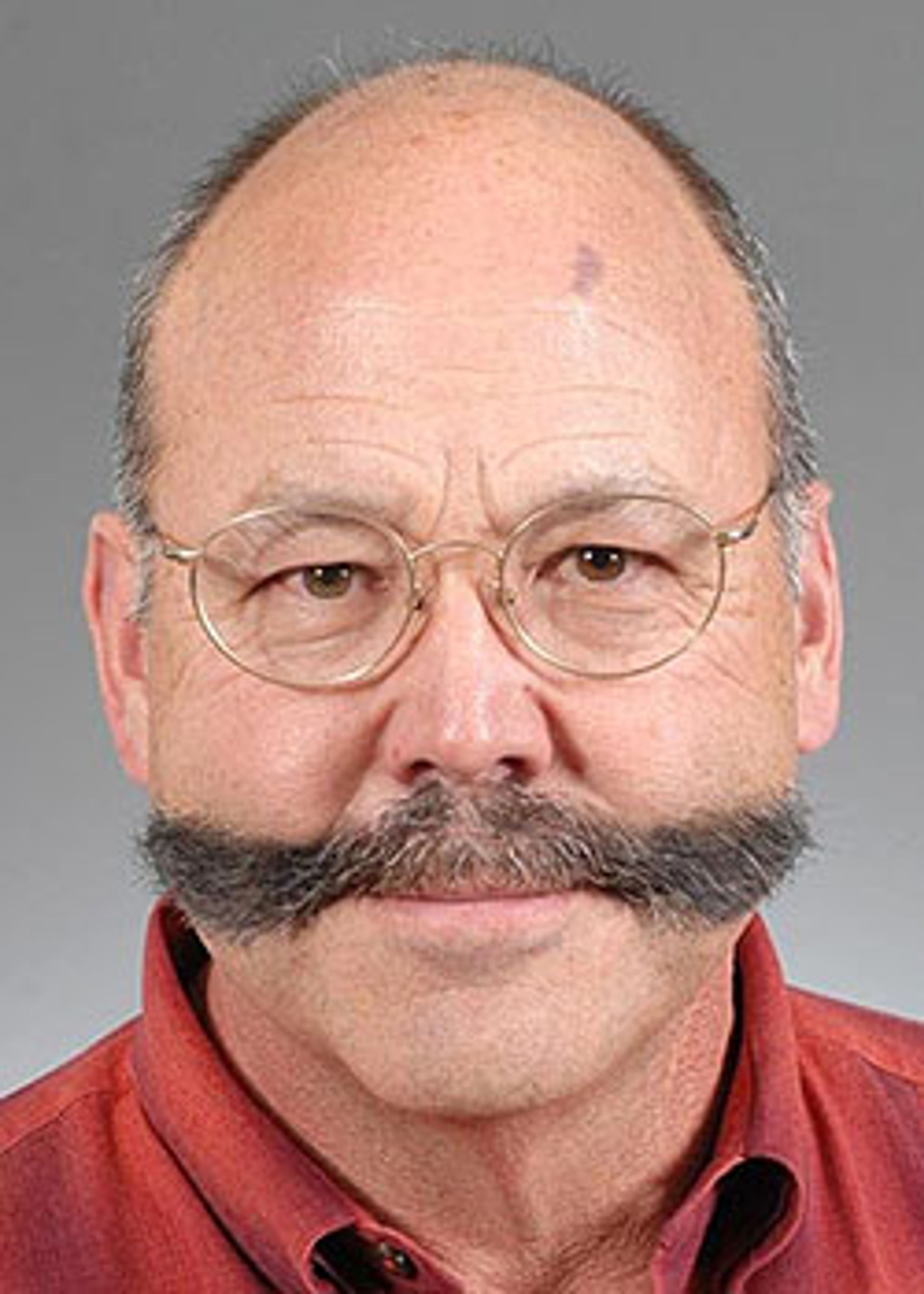When pets die — large or small — take care not to run afoul of law
Sometimes when pets die, including horses, owners will want to take care of disposal themselves. But you should know the rules and regulations for doing so, even on your property. Surprisingly the laws between Washington and Idaho are not that different considering one state is considered liberal and the other quite conservative. This piece is written for the Evergreen State.
Most animal burial laws are meant to protect water sources whether they are permanent or seasonal. And when one does pick a burial location, are you sure how deep you must bury it?
Washington regulations regarding dead animal disposal appear under the Washington Administrative Code otherwise known as the WACs, specifically WAC 246-203-121.
For fish owners who have buried a goldfish in your yard or fertilized a garden with fish, relax. The regs don’t pertain to you unless you create pollution hazard.
The specific WAC, like all WACs, begins with the pertinent definitions. We won’t cover those here, but you know where to find them. Also covered are all the different ways an animal can be properly disposed of instead of burial.
“ ‘Dead animal,’ means the carcass or tissue from an animal, large or small, except part of an animal used for food or other beneficial purpose in accordance with federal, state, and local laws and regulations.”
If a pet is a small animal, one may still find that it falls under the definition of livestock. “ ‘Livestock,’ means horses, mules, donkeys, cattle, bison, sheep, goats, swine, rabbits, llamas, alpacas, ratites (big birds like emus and ostriches), poultry, waterfowl, game birds, or other species according to RCW 16.36.005.”
RCW stands for the Revised Code of Washington. The RCWs are the actual laws; the WACs are how the laws are carried out.
The rules say a dead animal must be disposed of within 72 hours of death or discovery of the dead animal. The latter is important, because if, say, the weather is so bad one can’t get to a dead animal then you can’t dispose of it properly.
There are also public sensitivites. “A dead animal must be covered or otherwise removed from public view immediately upon discovery by the person responsible ... .” Also, the animal must not become a public or common nuisance or cause pollution of surface or groundwater.
Methods of disposal include burial, landfilling, incineration, composting, rendering or another method approved by the local health officer so as not to cause pollution of surface or groundwater. A health officer becomes involved typically when an animal dies of a disease transmissible to humans. At that time, an animal health emergency or public health emergency or both may be declared.
No disposal method can be prohibited by federal state or local laws or regulations including emergency laws and regulations. This in effect removes the “shoot, shovel and shut up” faulty rationale one may use to hide animal deaths.
At burial, one must make sure that all parts of the animal are covered by at least three feet of soil. Consider that burial sites can be no closer than 100 feet from any well, spring, stream or other surface waters. One cannot bury a dead animal in a low-lying area subject to seasonal flooding or within a 100-year floodplain. Overall, one must ensure that groundwater contamination will not occur.
Finally, know that a person cannot dispose of a dead animal in any sanitary control area of a public drinking water supply. This is as designated in other parts of the WACs and includes public water supplies, groundwater supplies and public water systems.
So, burying Fido in the backyard is probably not in your best interest, especially when the house comes up for sale.
Powell, of Pullman, retired as public information officer for Washington State University’s College of Veterinary Medicine in Pullman. This column reflects his thoughts and no longer represents WSU. He may be contacted at charliepowell74@gmail.com.






